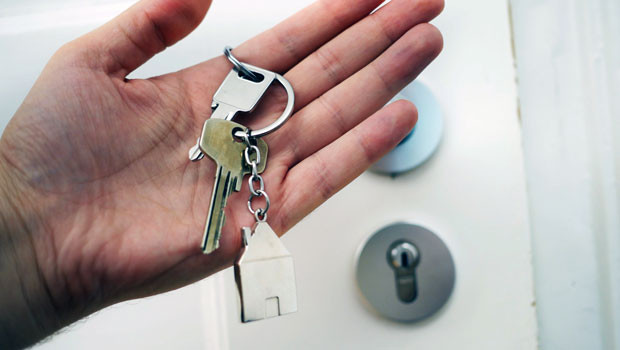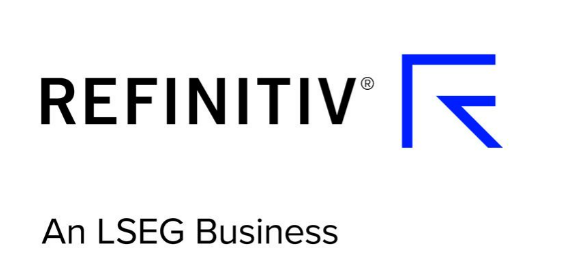
Source: Sharecast
According to the Bank of England’s latest money and credit report, net mortgage approvals for house purchases - an indicator of future borrowing - fell for the third consecutive month, by 3,100 to 60,500 in April.
Analysts had been expecting a more modest decline to 63,000.
Net borrowing of mortgage debt also tumbled, sliding £13.7bn to -£0.8bn and reversing March’s £9.6bn net increase.
Changes to stamp duty thresholds came into effect on 1 April, leading to a spike in deals as home buyers rushed to complete ahead of the deadline.
Pete Mugleston, managing director at Online Mortgage Advisor, said: "These numbers clearly show the before and after of the stamp duty deadline. Borrowers were obviously keen to lock in deals become the changes came into effect."
However, separate research published on Monday showed that while mortgage borrowing fell in April, house prices have continued to hold up. According to Nationwide, the average cost of a property rose by 0.5% between April and Mary, reversing much of the previous month’s 0.6% decline and ahead of expectations.
Nationwide attributed the rise to supportive economic conditions, including low unemployment, stronger earnings and moderating borrowing costs.
Andrew Montlake, chief executive at mortgage broker Coreco, said: "Even though mortgagee approvals have dropped again, there’s still life in the market. May’s better-than-expected house price data underlines that demand is still very much there - the market is holding its own despite numerous headwinds, both domestic and from overseas."
The BoE report also showed that net borrowing of consumer credit by individuals increased to £1.6bn from £1.1bn in the previous month. The largest increase was seen in net borrowing through credit cards, which doubled to £0.8bn.
Household deposits with banks and building societies increased by £3.0bn, following net deposits of £7.3bn.
The rise was driven by £14bn being poured into ISAs, the largest amount since records began in April 1999.


